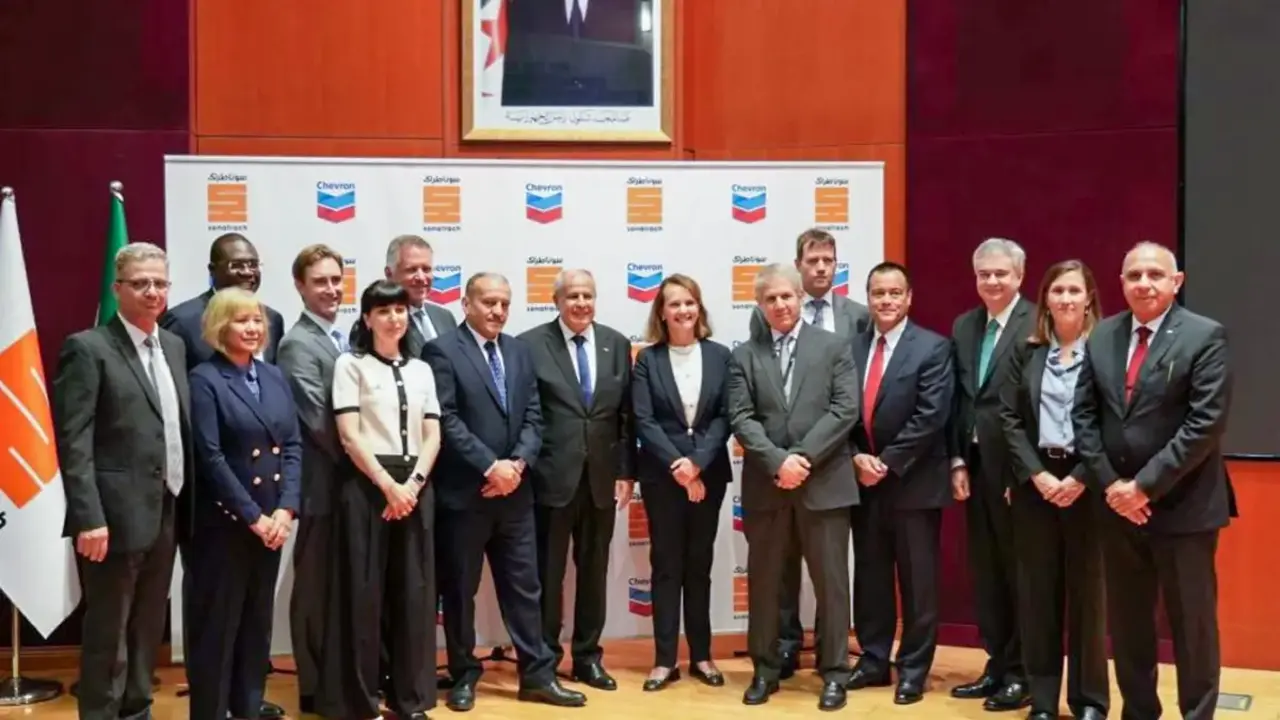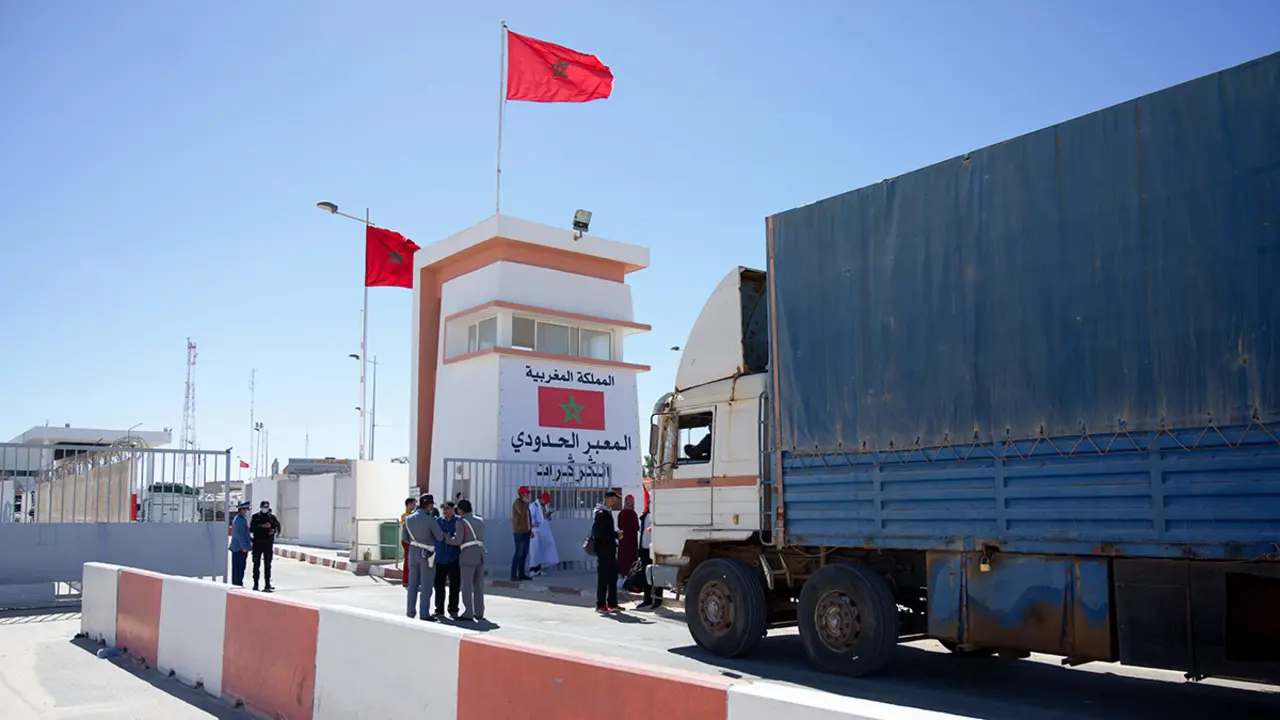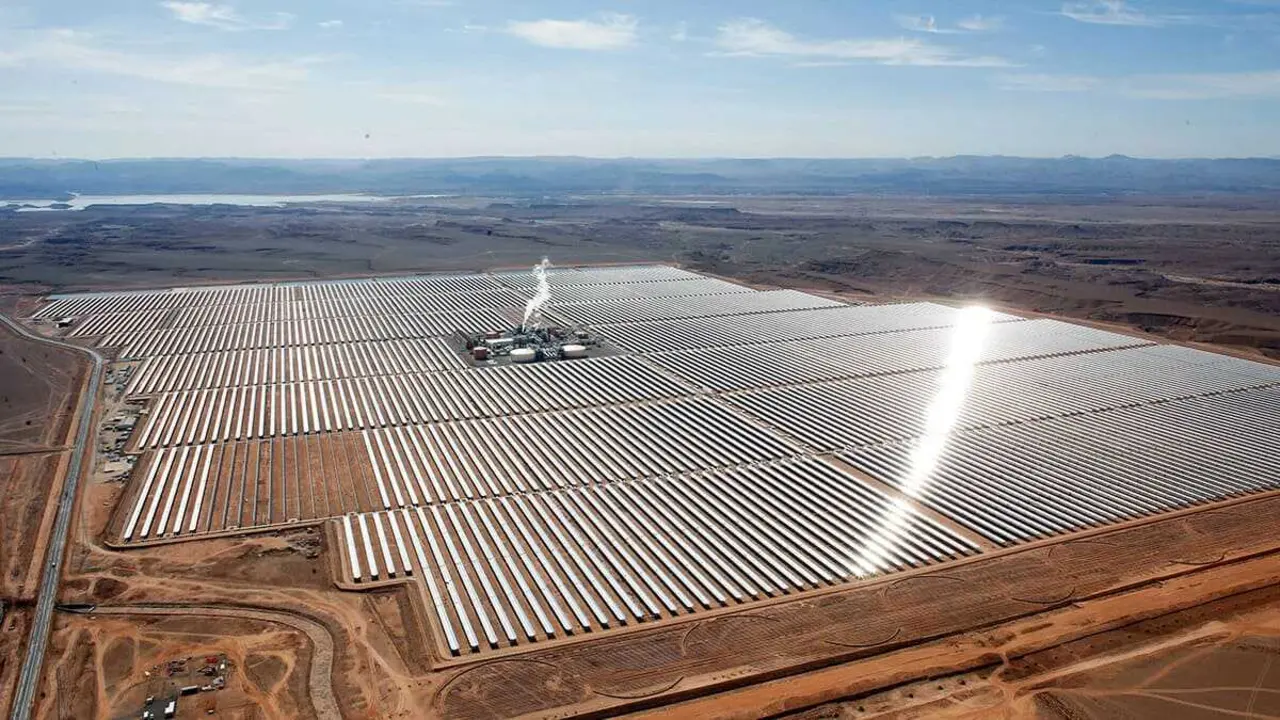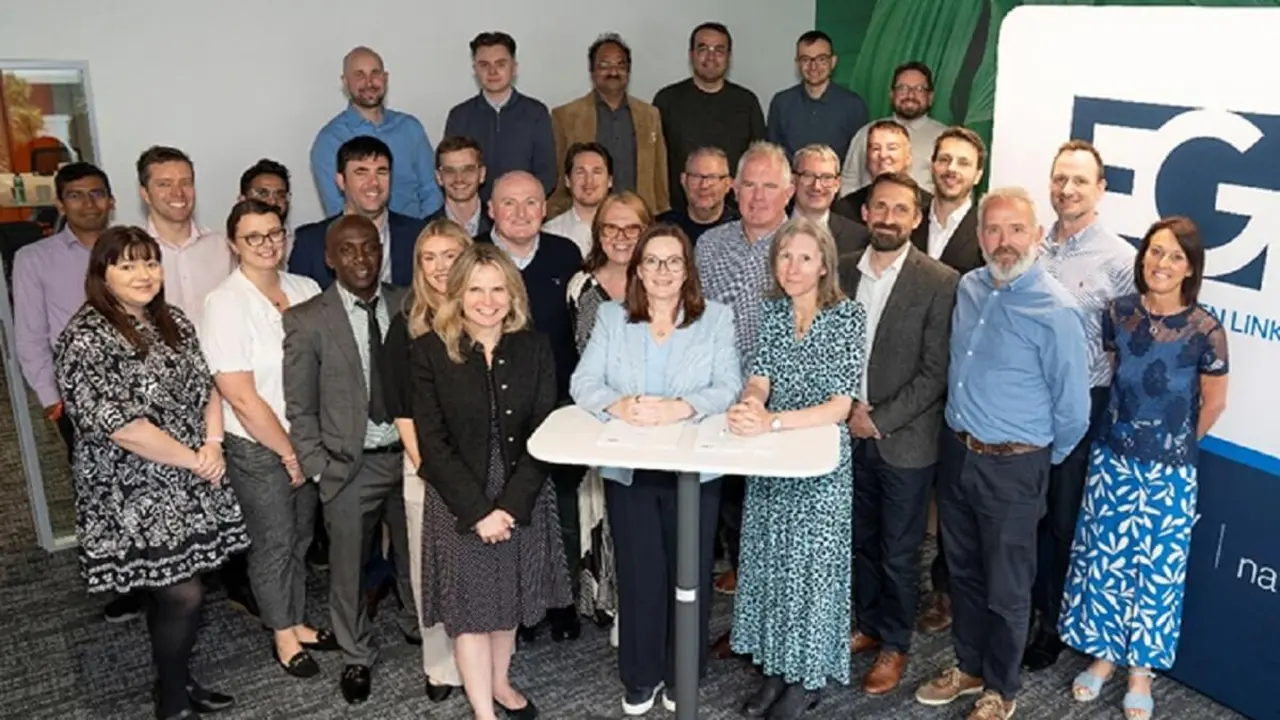Marruecos, un eslabón clave en las cadenas globales de valor industrial

The Moroccan kingdom has positioned itself as one of the leading suppliers in global value chains in various industries, including the garment, automotive and aerospace sectors, according to a report by Today Morocco magazine.
The analysis, entitled "Unleashing sustainable private sector growth in the Middle East and North Africa", focuses on analysing the constraints to improving the production levels of private companies in the region. According to the report, it is based on the "MENA Enterprise Survey", which was conducted between 2018 and 2020 to more than 5,800 companies in different countries in North Africa: Egypt, where 3,075 companies were surveyed, Jordan, 601 companies, Lebanon, with 532 companies surveyed, Tunisia, with 615 interviews and Gaza and the West Bank where 365 companies were asked.
The Alawi kingdom's industrialisation process is currently cited as an example by leading institutions such as the European Investment Bank (EIB), the European Bank for Reconstruction and Development (EBRD) and the World Bank. The report also highlights corruption and taxation as the two major problems facing Moroccan entities operating internationally.

The paper also highlights that all MENA countries except Morocco have very high levels of political influence: "Overall, the business environment in the MENA region, as reported in the survey, has been held back by several factors. Political influence and informality undermine fair competition, bringing economic benefits to a limited number of firms," Today Morocco magazine notes, adding that customs and trade regulations are placed as more severe obstacles for both businesses in the MENA region than for other countries.
According to the report, MENA economies are being urged to reduce regulatory barriers to business, as well as promote competition and reduce disincentives resulting from political influence and informal business practices. "The region also needs reforms to facilitate innovation, the adoption of digital technologies and investments in human capital, while aligning with the global agenda to limit climate change, improve sustainability and protect the natural environment," says Today Morocco.

The Kingdom has been able to take advantage of the booming aerospace industry to promote its aviation sector. In less than 25 years, Morocco has become the North African aerospace hub and has established itself as one of the preferred destinations for European manufacturing companies seeking to increase their competitive edge. Some of these companies include the French firm Daher, which arrived in the country in 2001 and has already opened three factories, and Boeing, which in 2016 signed a deal with Morocco that had an estimated annual impact of USD 1 billion and created up to 8,700 jobs. Casablanca has become a favourite location for international companies such as Safran, Thales or Hexcel Composite.








